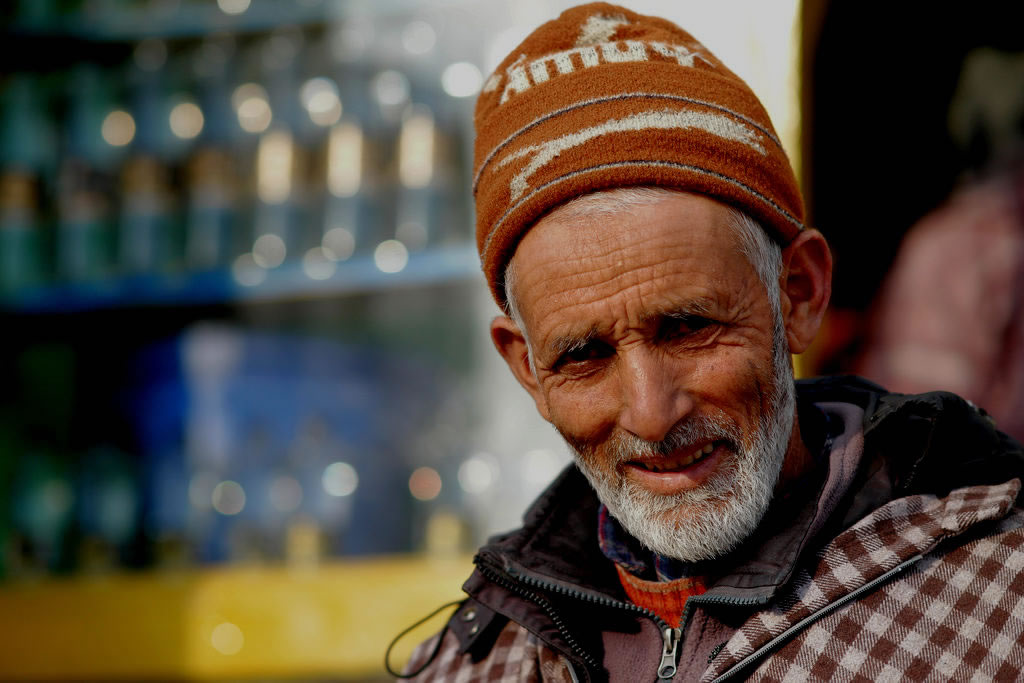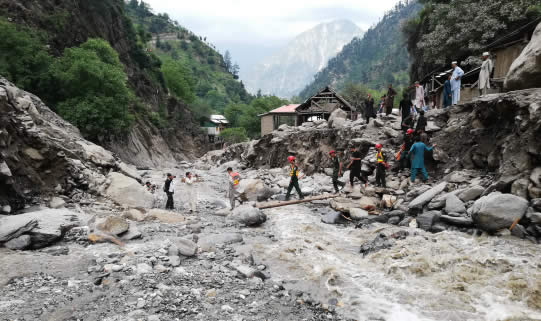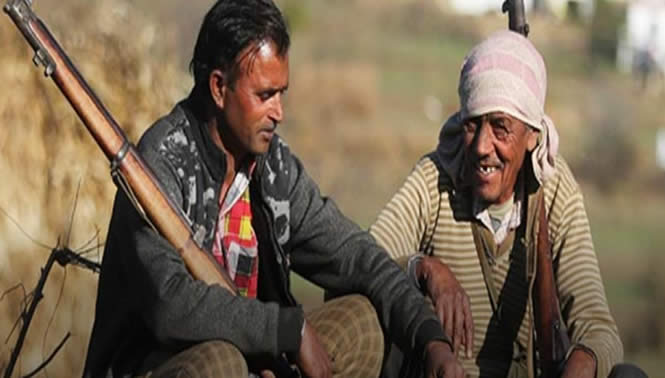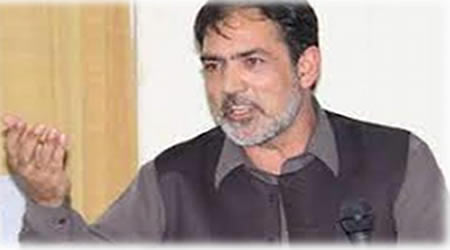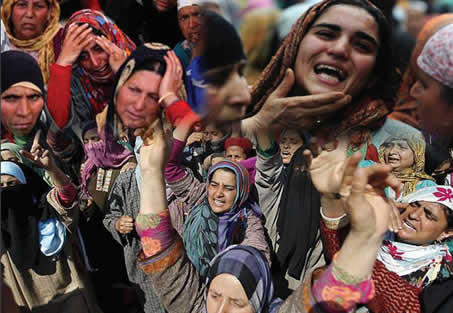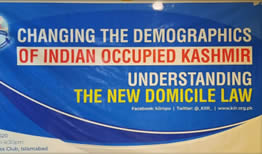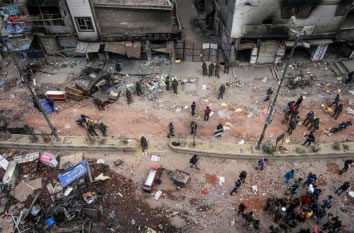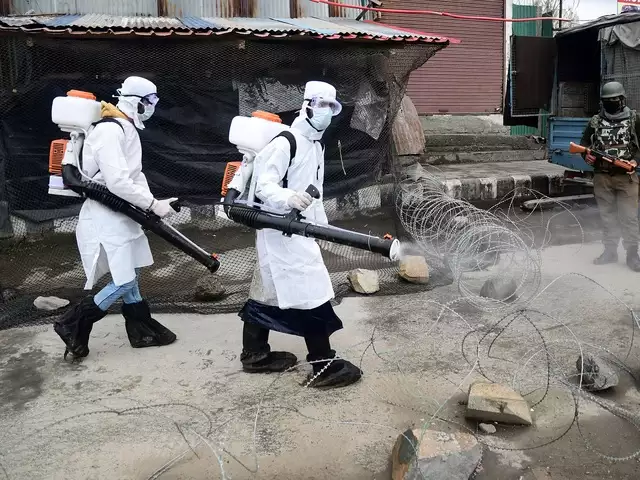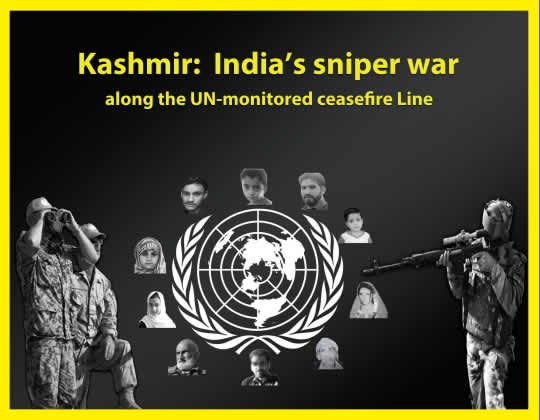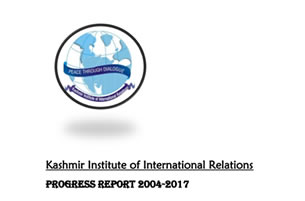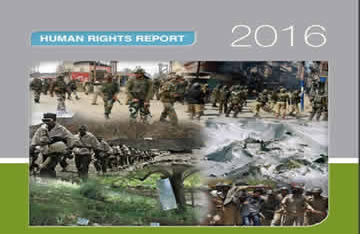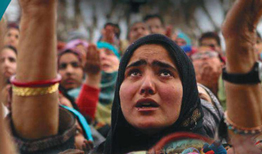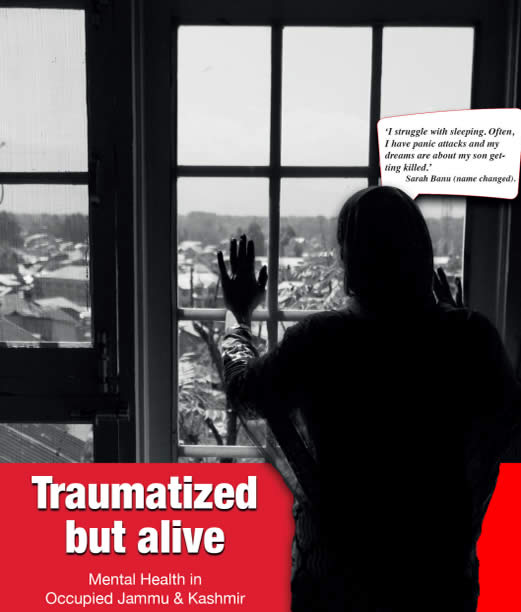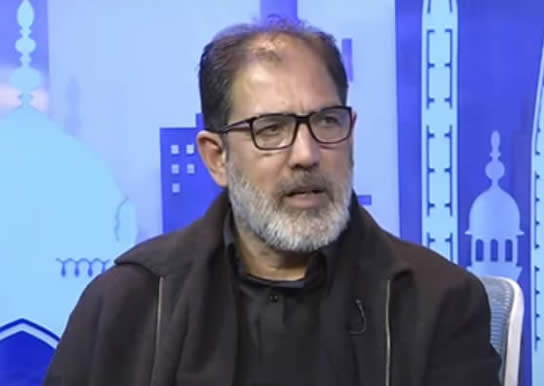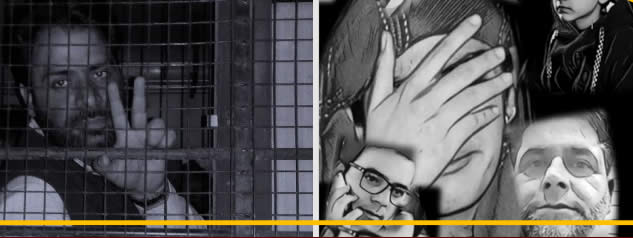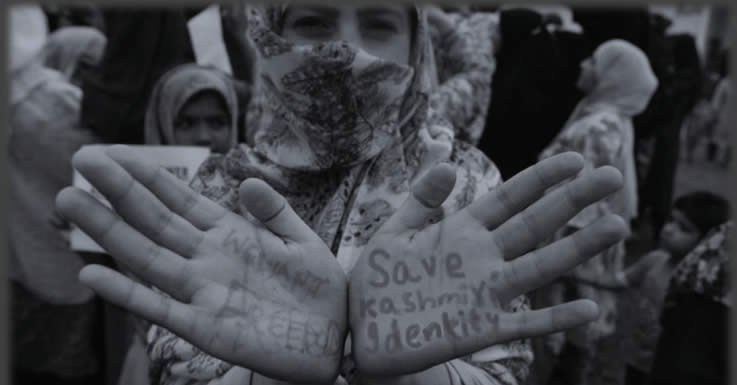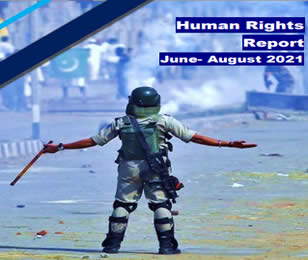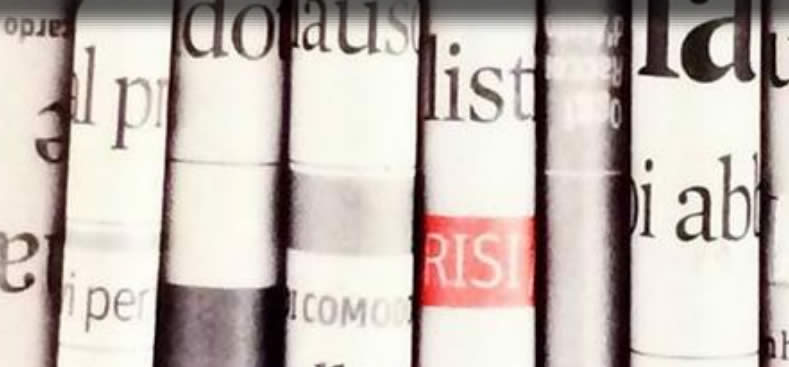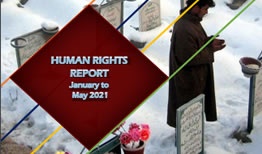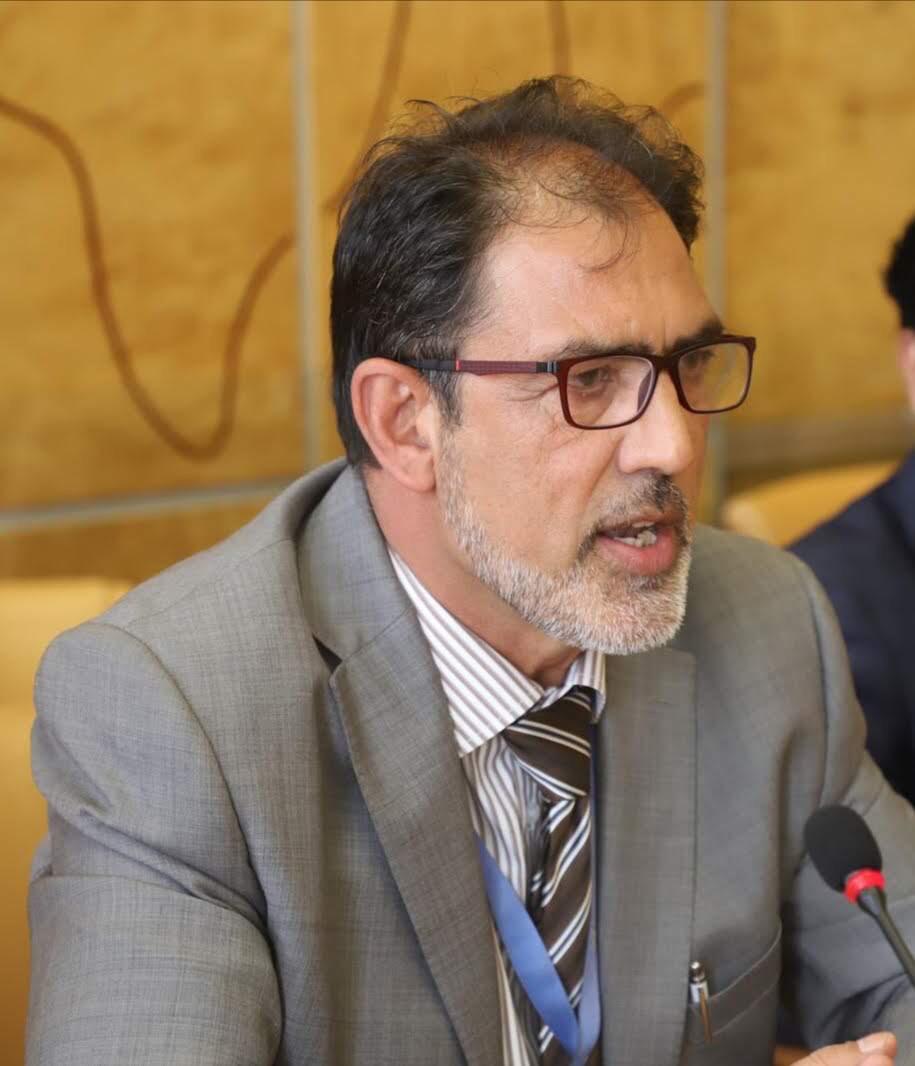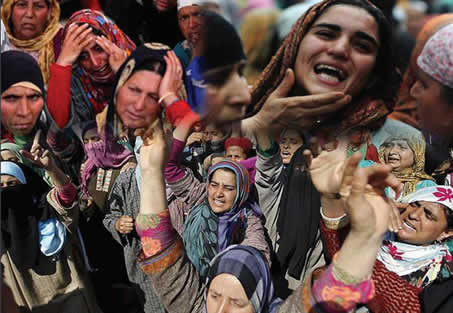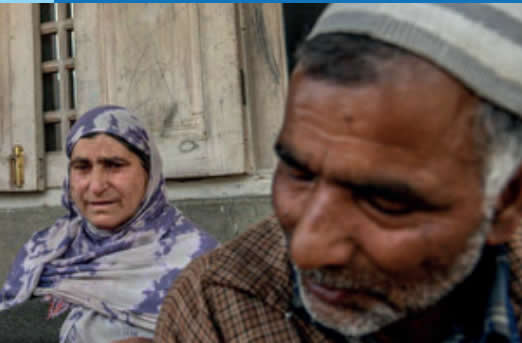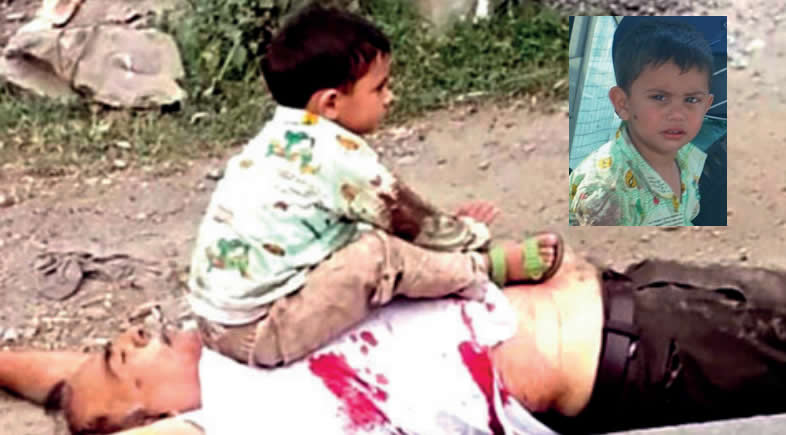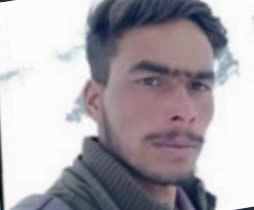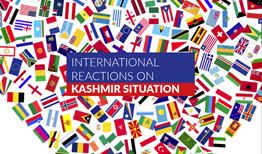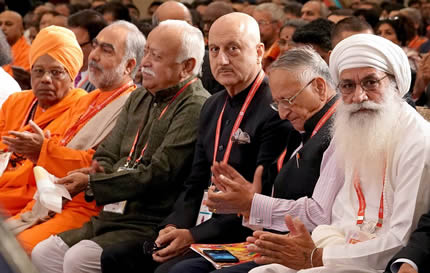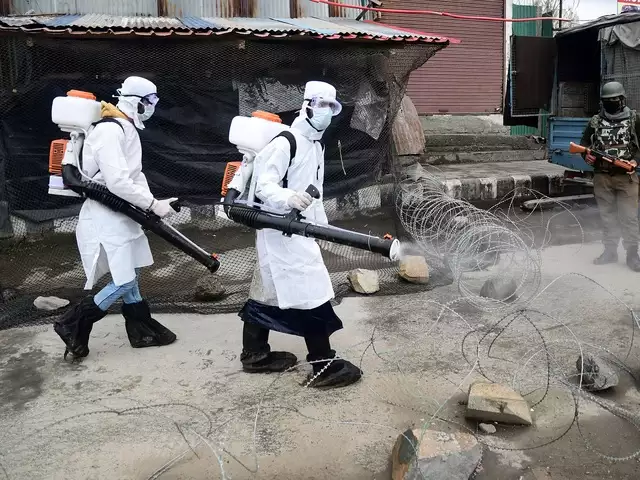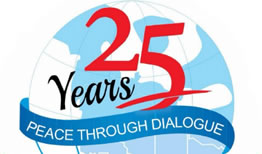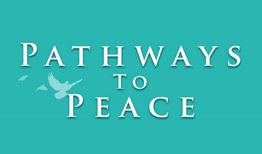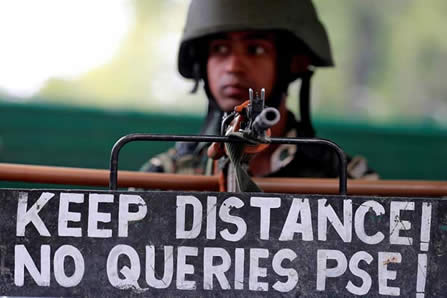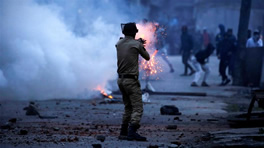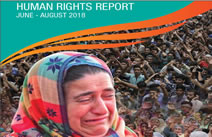Irfan Mehraj : A voice Silenced by State's Iron Hand
Irfan Mehraj: A voice Silenced by the State's Iron Hand
In times of deceit,” George Orwell warned, “telling the truth is a revolutionary act.” In Indian-occupied Jammu and Kashmir, Irfan Mehraj’s arrest proves just that. A journalist committed to documenting state violence and the live realities of silenced people, Mehraj now languishes in jail under India’s draconian Unlawful Activities (Prevention) Act (UAPA). His ordeal is not an isolated case but a chilling reflection of how the Indian state equates journalism with sedition and punishes those who dare to speak inconvenient truths For over two years, Mehraj has languished in prison without a formal conviction. His arrest did not follow due legal process. As documented by The Wire, authorities failed to even inform him in writing of the reasons for his detention, an explicit violation of Article 22(1) of India’s own constitution. This disregard for constitutional protections illustrates how law in IIOJK functions not as an instrument of justice but as a tool of coercion and punishment.
The UAPA, under which Mehraj has been charged, is notorious for inverting the basic tenets of jurisprudence. It permits prolonged incarceration without trial, denies bail under vague suspicions and uses anonymous witnesses whose identities and testimonies cannot be challenged. This legal regime turns mere accusation into guilt. It is not designed to ensure convictions through fair process; it is meant to exhaust, silence and break those who dare to speak against state oppression. Mehraj’s case reveals how the Indian state conflates human rights work with terrorism. The prosecution claims he supported “secessionist activities,” yet fails to provide concrete evidence. Instead, they have produced WhatsApp chats among journalists and innocuous photographs stripped of context. These are not signs of criminality but tools of professional work, weaponized in court to fabricate guilt.
Worse still, the prosecution has named 177 witnesses, ensuring the trial remains indefinitely stalled. This legal overkill is not about justice, it is about retribution through delay. The goal is to ensure that Mehraj remains behind bars, trapped in an endless legal limbo. His real offense was speaking truth to power, documenting disappearances, extrajudicial killings and other human rights violations that the Indian state is desperate to suppress. This is part of a larger pattern. The UAPA is being deployed to construct a “terrorist” archetype not based on action, but on ideology. Journalists, students and civil society actors are being branded as enemies of the state for the ideas they represent. Mehraj, by exposing India’s brutal occupation, threatened the myth of democracy that Delhi seeks to export. His detention serves as a warning: facts can become felonies when they threaten the state’s manufactured narrative.
The international community must not stay silent. Irfan Mehraj is not a terrorist. He is a journalist who believed in the power of words. His persecution is a grave assault on press freedom and democratic accountability. If India’s claims to democracy are to hold any moral weight, it must end the weaponisation of law and release Mehraj immediately. His continued incarceration is not just a personal injustice, it is a crime against the truth.
Related Reports
